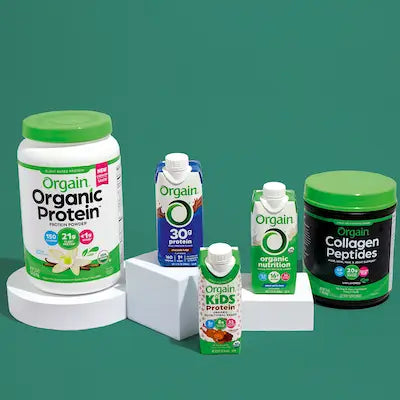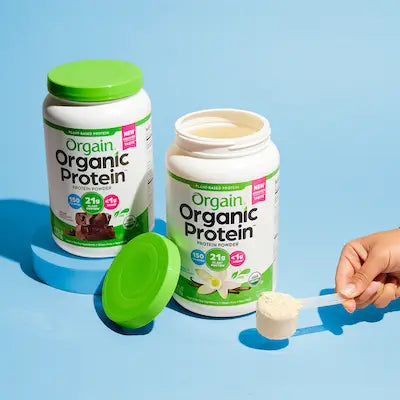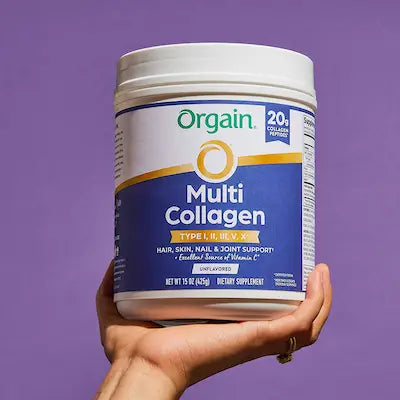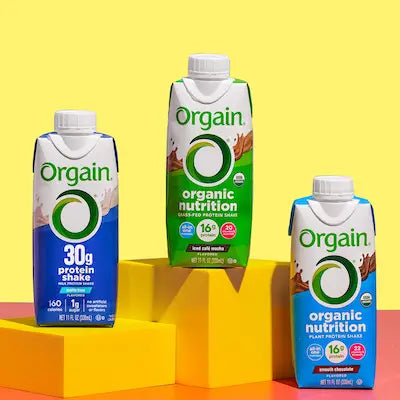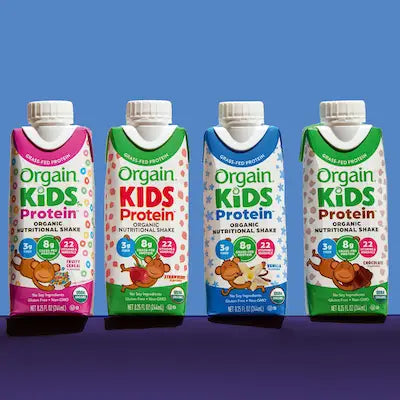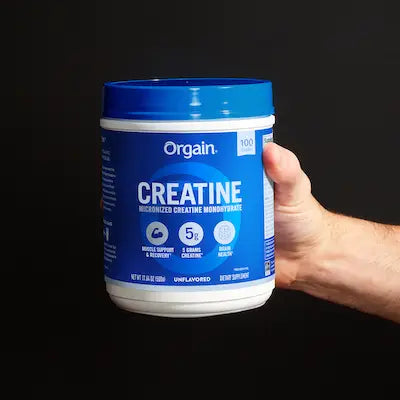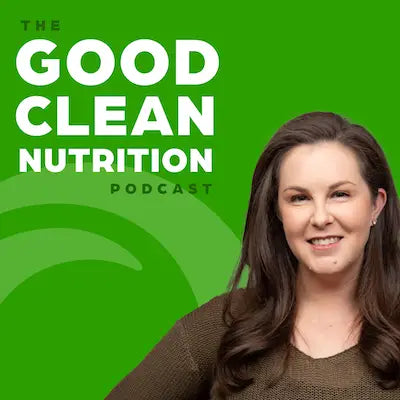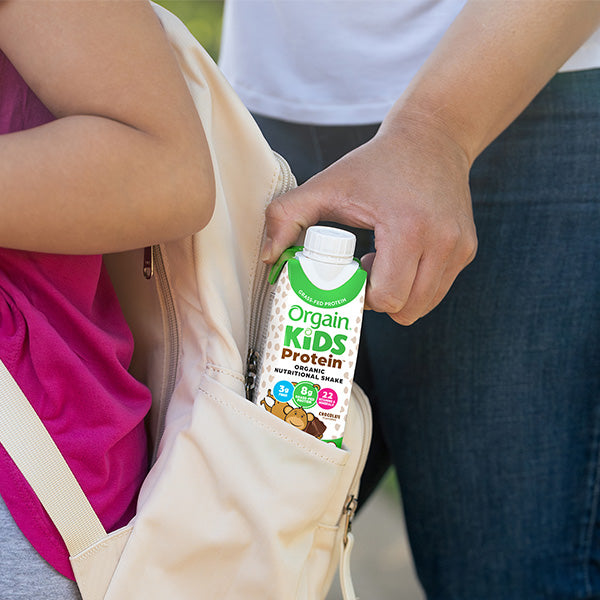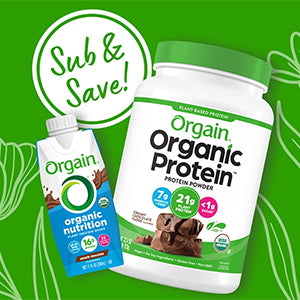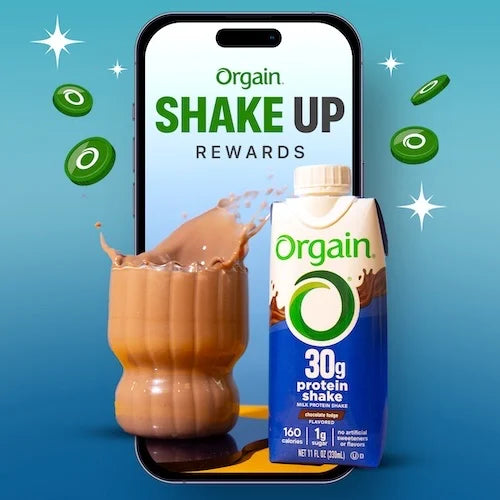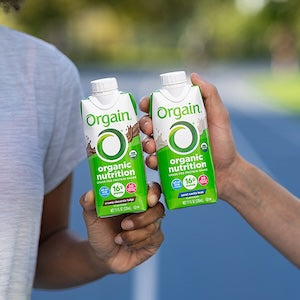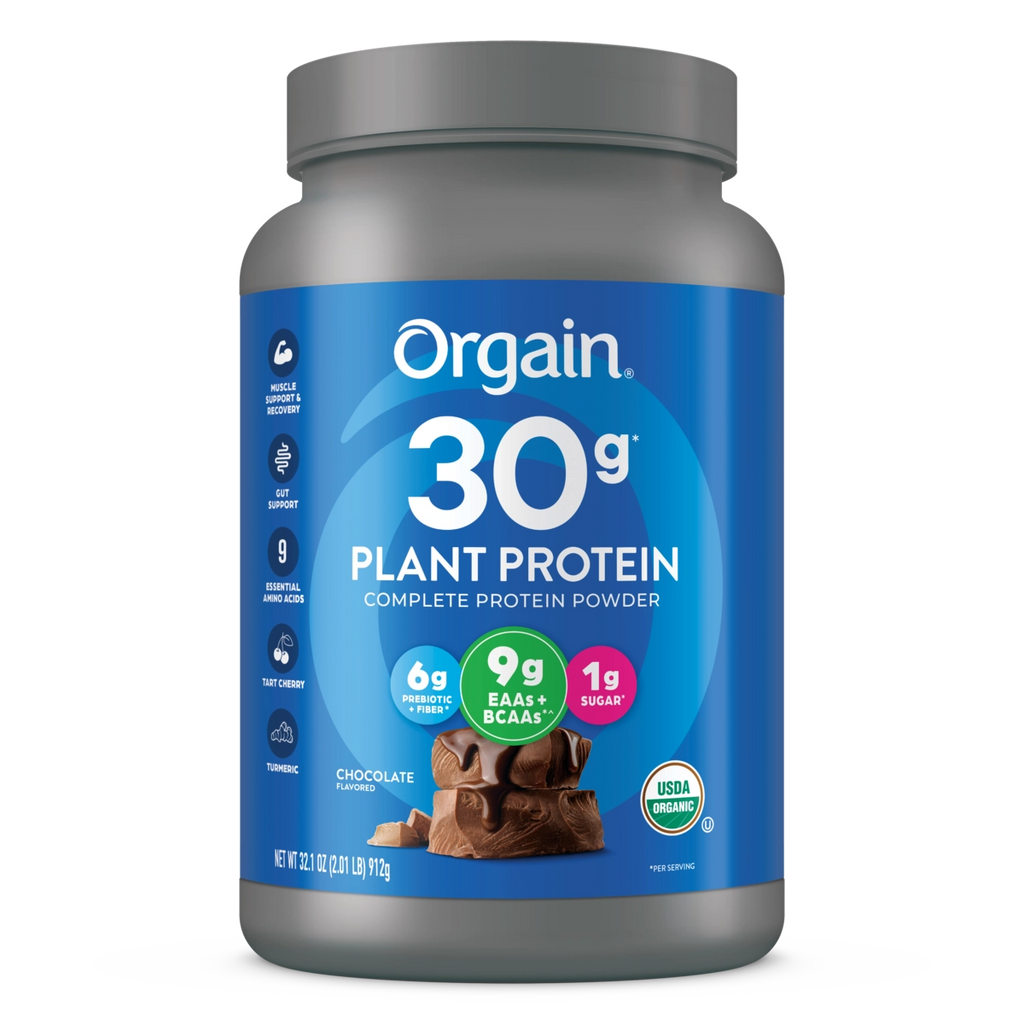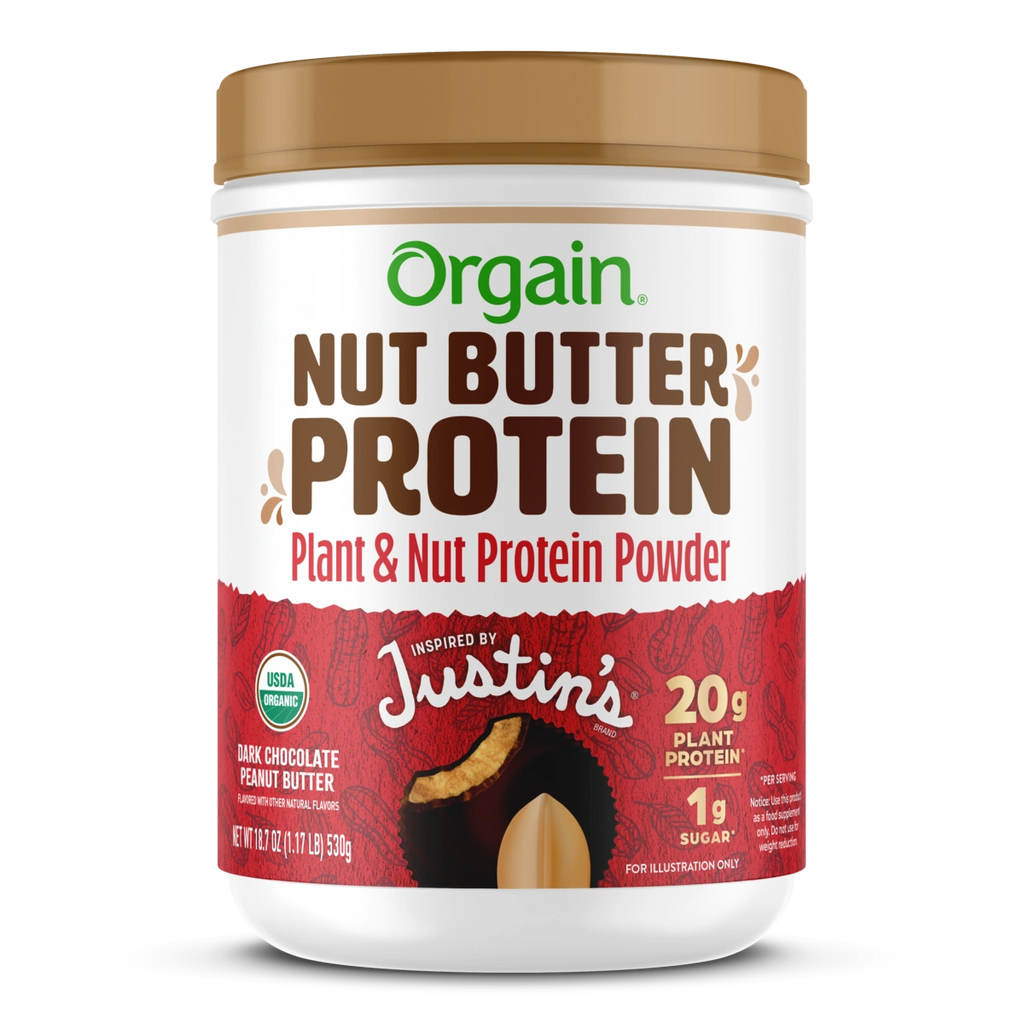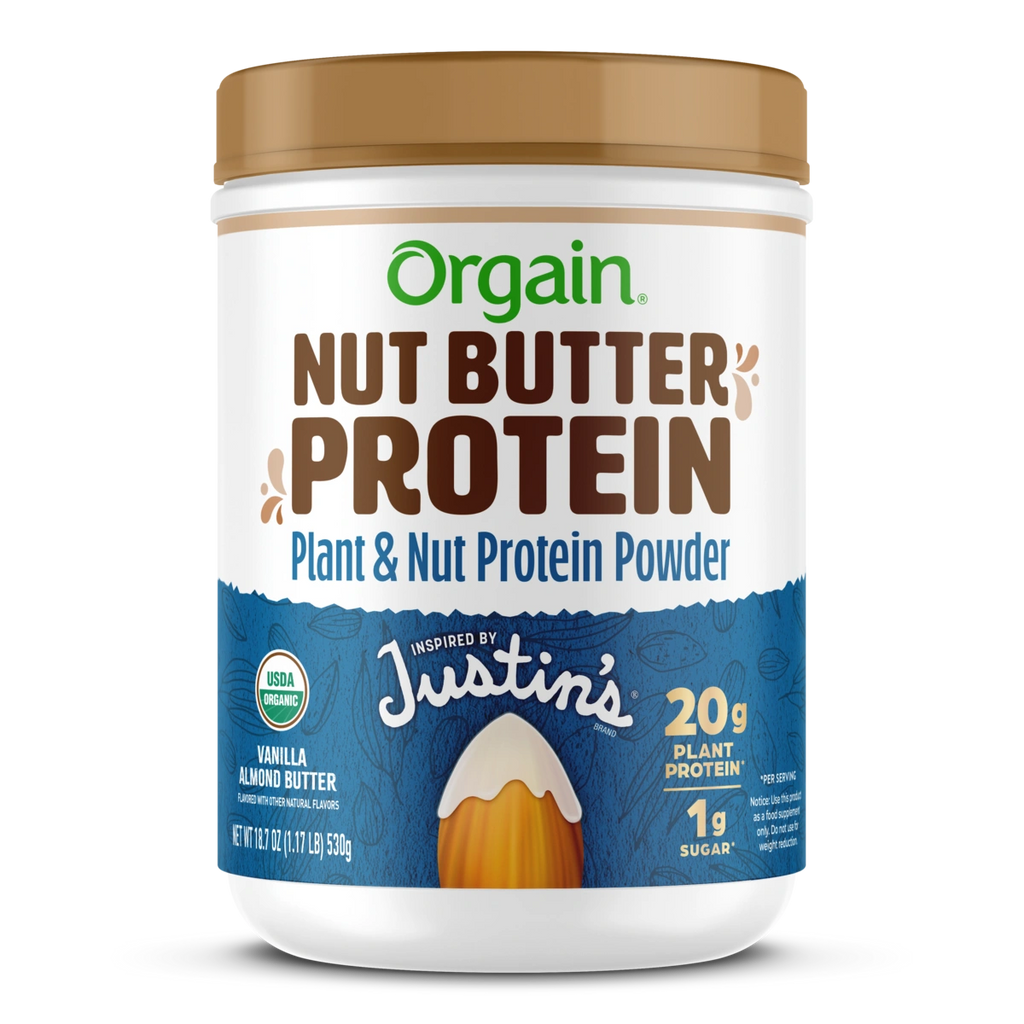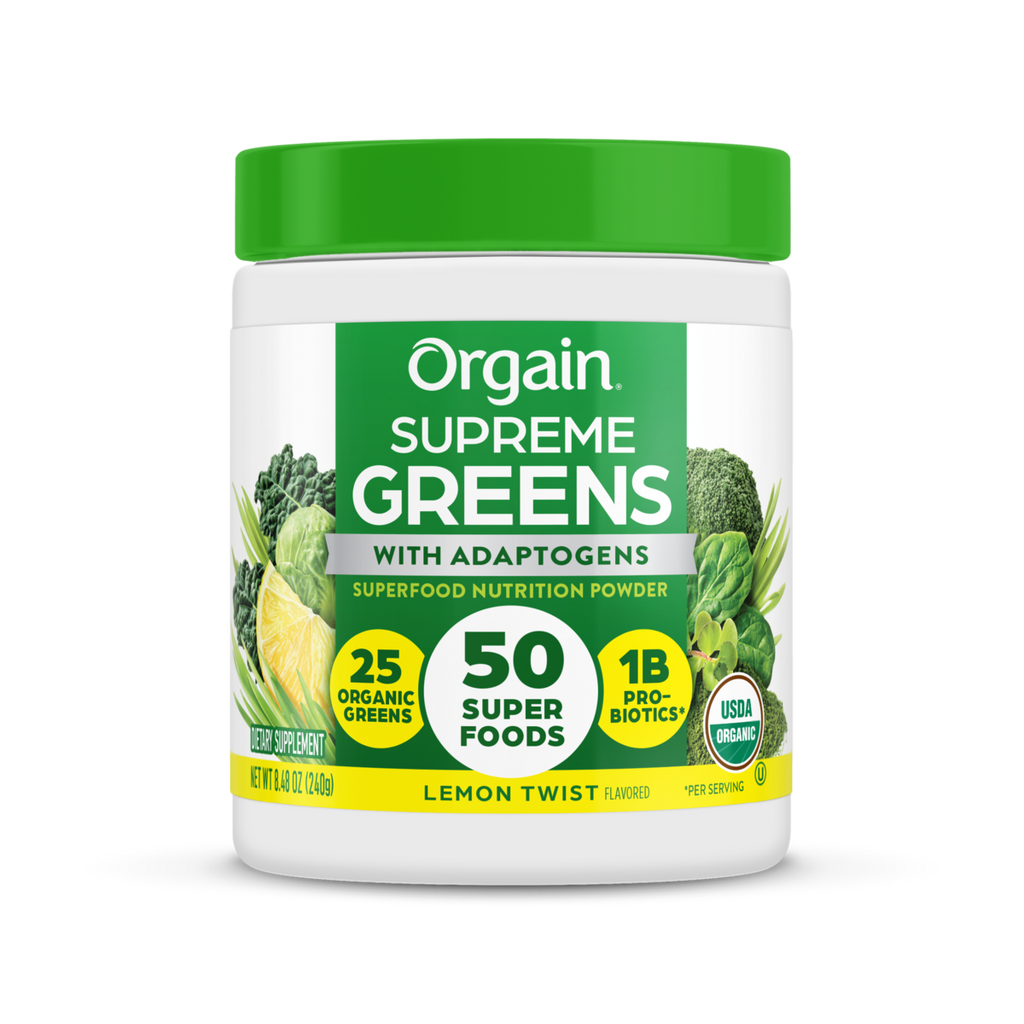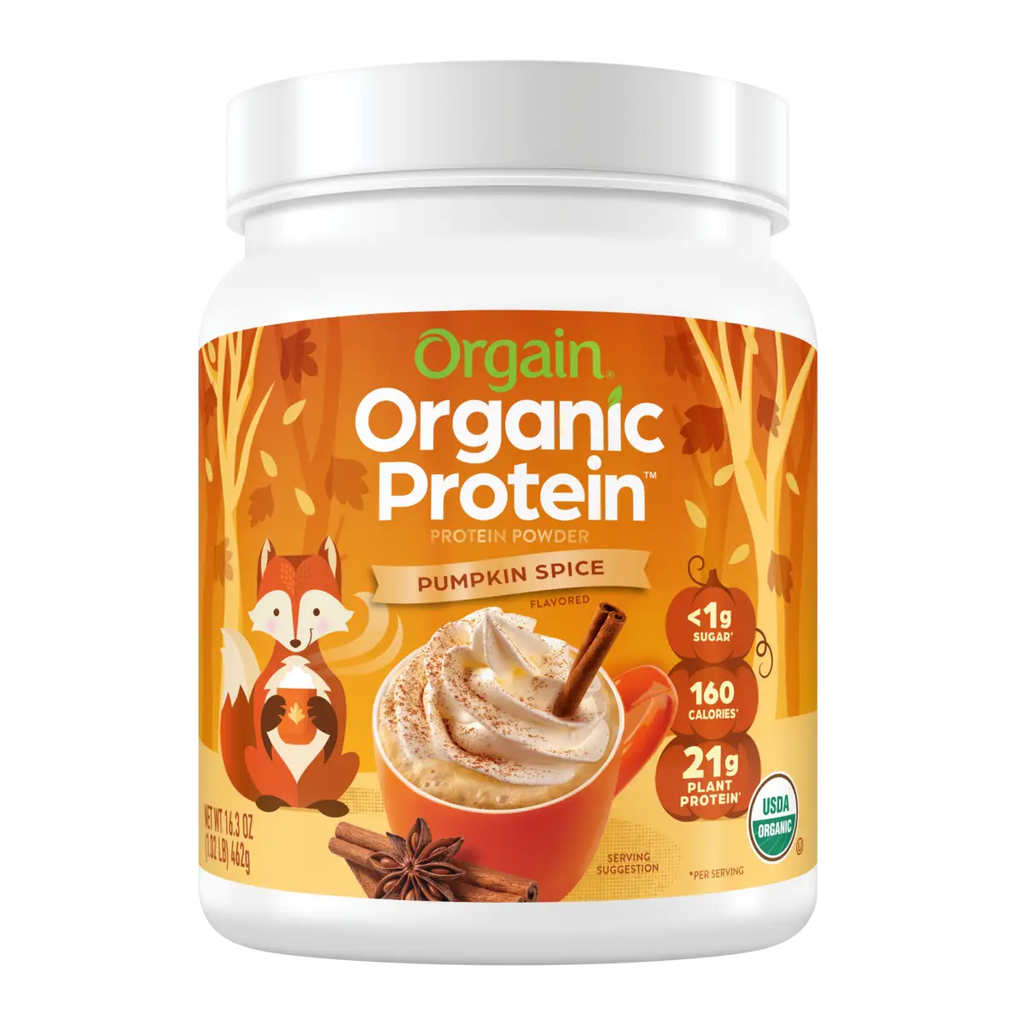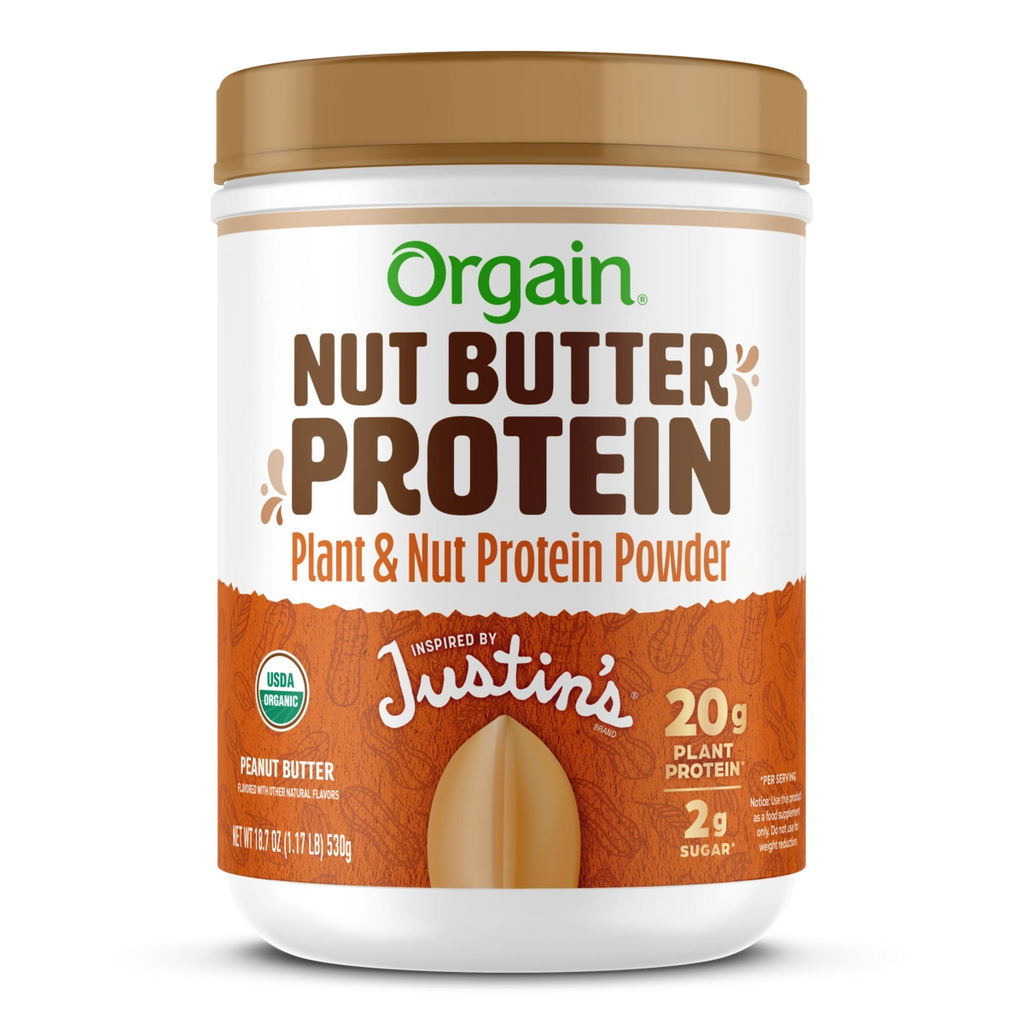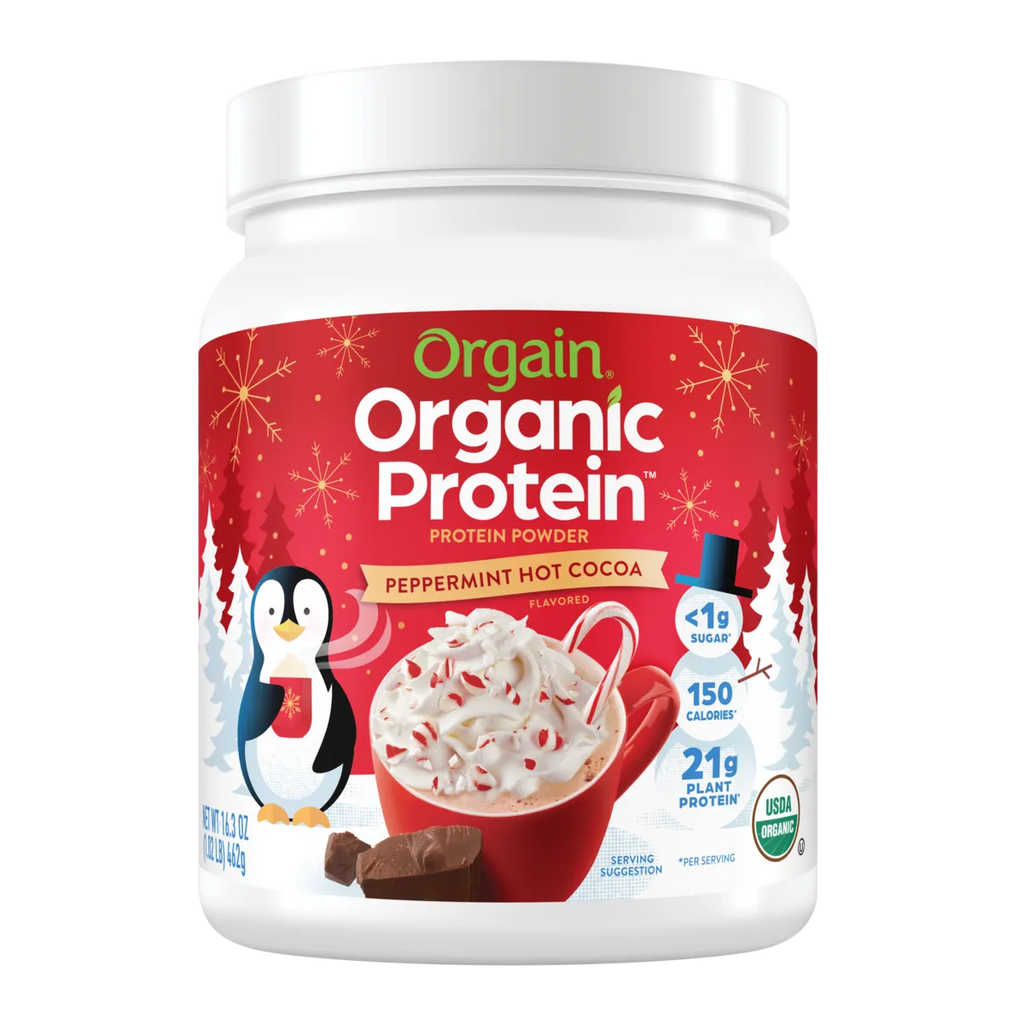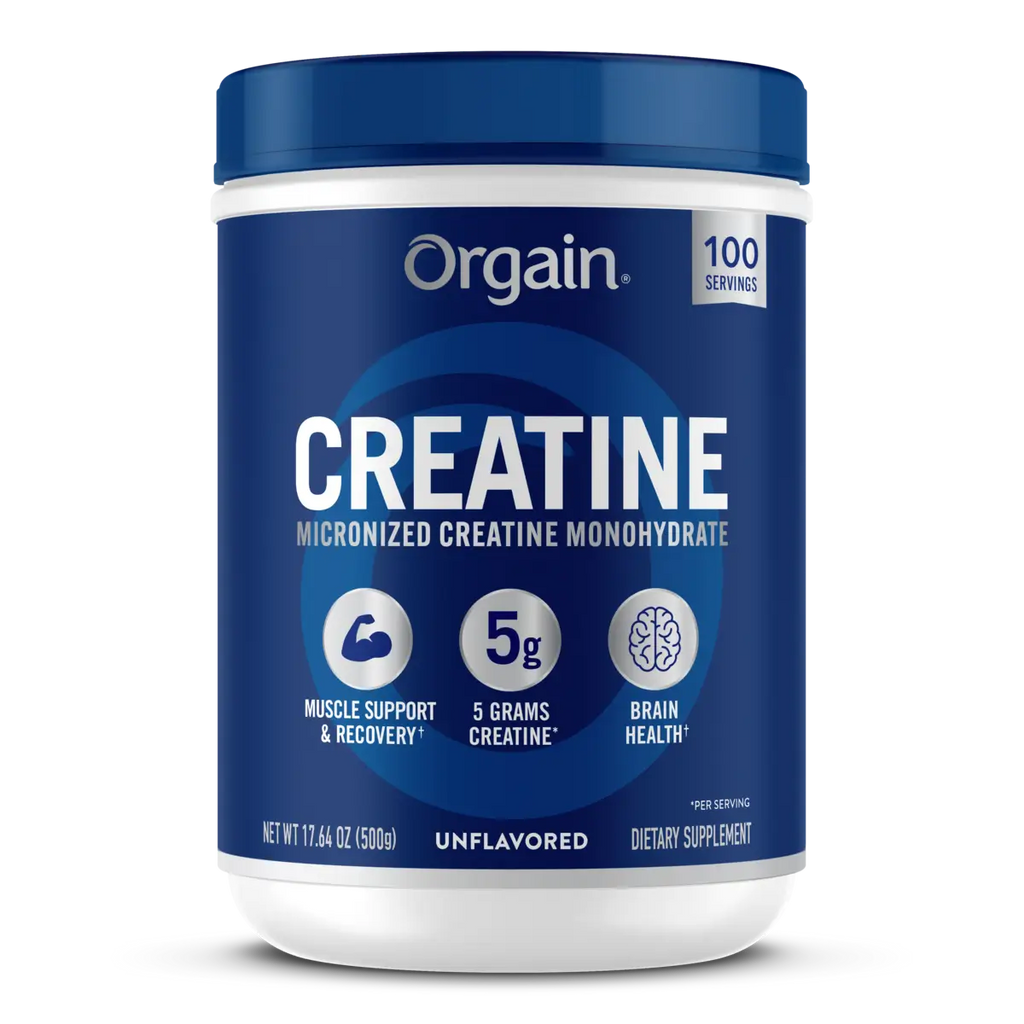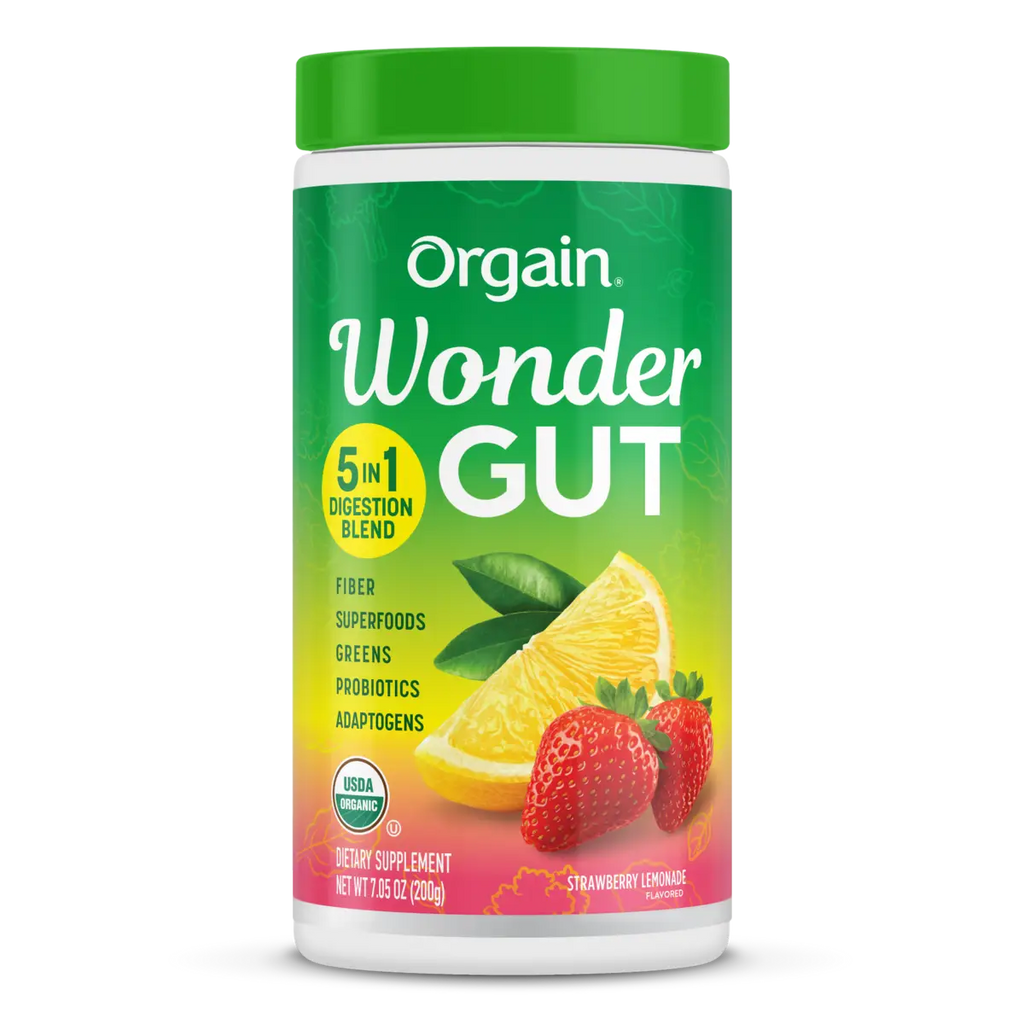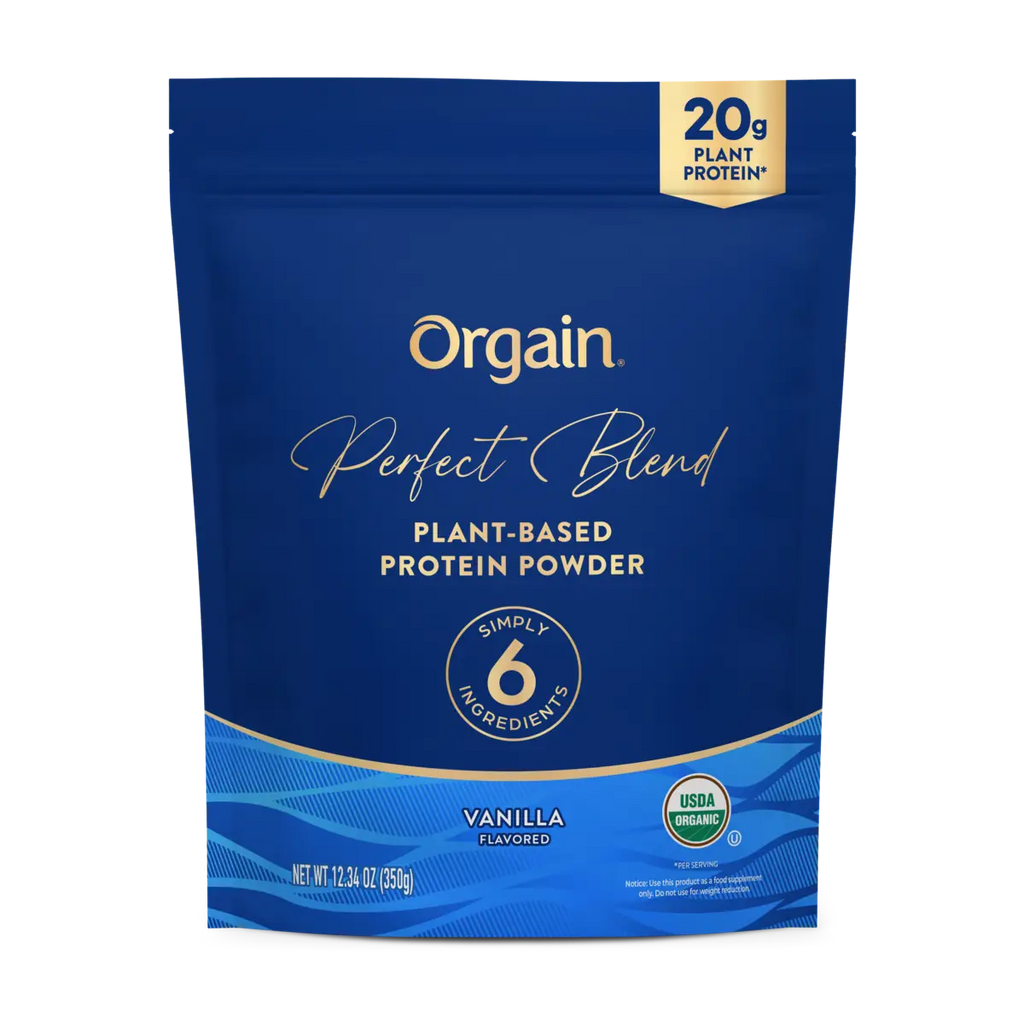The word "organic" refers to the way farmers grow and process agricultural products, such as fruits, vegetables, grains, dairy products, and meat. To label a food as organic, it must meet the guidelines set by the USDA.
Produce with the “organic” stamp are grown and processed without the use of prohibited substances (most synthetic fertilizers and pesticides), genetically modified organisms or ionizing radiation.
For meat labeled as organic, regulations require that animals are fed full organic feed, not given antibiotics or hormones and are raised in living conditions accommodating their natural behaviors like grazing on a pasture.
Alternative organic products from multi-ingredient, processed foods cannot contain artificial preservatives, colors or flavors.
Organic Food Label Terminology
100% Organic: This description is used on certified organic fruits, vegetables, eggs, meat or other single-ingredient foods. It may also be used on multi-ingredient foods if all of the ingredients are certified organic.
Organic: If a multi-ingredient food contains at least 95% certified organic ingredients, then it can be labeled “Organic.”
Made with Organic: If a multi-ingredient food contains at least 70% certified organic ingredients, then it can be labeled as “Made with Organic.”
Organic Ingredients: If a multi-ingredient food contains less than 70% certified organic ingredients, it can not be labeled as organic or carry a USDA seal, but the ingredient list can indicate which ingredients are organic.
Benefits of Buying Organic
Fewer pesticides. Chemicals such as fungicides, herbicides, and insecticides are widely used in conventional agriculture and residues remain on (and in) the food we eat.
Higher antioxidants. Data released in 2005 by the Organic Consumers Association showed that one average, the organic crops studied contained about one-third higher antioxidant content when compared with their conventional counterparts. It also found that levels of specific vitamins, and other heath-protective compounds were two or three times higher than matched samples of conventional foods.
Fresher produce. Organic food is free of preservatives that would otherwise extend its shelf life and make it last longer.
Better for the Earth Organic farming practices reduce pollution, conserve water, reduce soil erosion, increase soil fertility, and use less energy. Organically raised animals are not given antibiotics, growth hormones or fed animal byproducts.
Higher nutrient value. Results of a 2016 European study show that levels of certain nutrients, including omega-3 fatty acids, were up to 50 percent higher in organic meat and milk than in conventionally raised versions.
GMO-free. Genetically Modified Organisms (GMOs) or genetically engineered (GE) foods are plants whose DNA has been altered in ways that cannot occur in nature or in traditional crossbreeding, most commonly in order to be resistant to pesticides or produce an insecticide.
What does Organic mean to Orgain?
At Orgain we believe that the healthiest and best tasting products come from high quality ingredients. That’s why we maintain a deep commitment to using only organic ingredients whenever possible, and why all Orgain products are gluten free, soy free, carrageenan free, non-GMO, and free of all artificial colors, sweeteners, flavors, and preservatives.
Our plant-based products use only the highest quality, certified organic plant-based proteins. Our dairy-based shakes including our all-in-one protein shakes and nutritional shakes use USDA Certified Organic grass-fed milk protein. That means no hormones, no antibiotics, and no pesticide and herbicide residues. At Orgain we believe in superior quality and uncompromising taste.
